AI@CIS_StrathclydeMeet the team
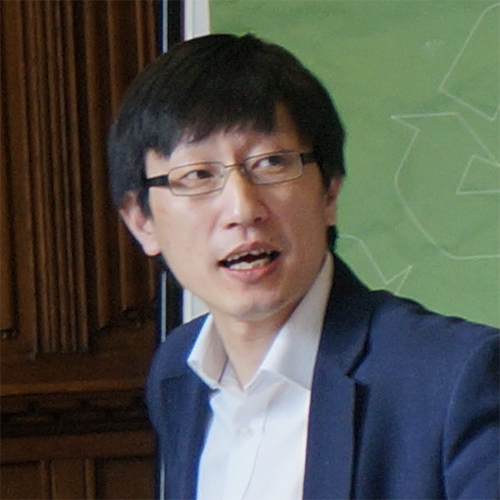
Feng Dong
Feng works in the area of human centric AI to investigate collaborative decision making between AI and humans. The focus is to make AI more understandable and explainable through inferring causality and compositionality, and to look into new approaches in human and AI interactions. The main application domain is AI for healthcare.

Marc Roper
Marc’s research interests lie in the application of AI search-based strategies and machine learning techniques to software engineering problems; for example, to generate program test data or automatically detect software system failures, and he is also looking at the converse problem of testing AI systems. Additionally, he has experience and interests in using machine learning in a variety of contexts such as forecasting buyer behaviour, predicting building energy performance, modelling interventions to combat sedentary behaviour, and predicting health outcomes.
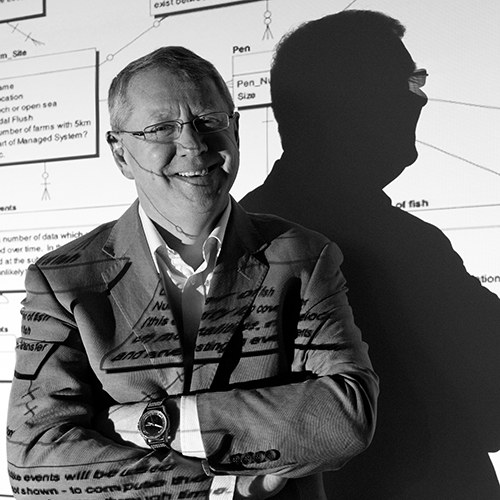
Prof Crawford Revie
Much of Crawford’s research takes place at the intersection of informatics and the life sciences; in particular he has worked extensively with data-driven models of disease and host-parasite dynamics in both human and animal populations. He has interests in novel methods to collect, manage and make statistical inferences from large and heterogeneous data sets. The application of such methods for passive (or syndromic) surveillance of disease is an on-going area of research interest.
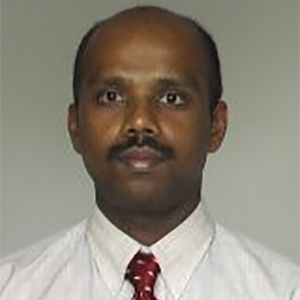
Prof Anil Fernando
Anil leads the video coding and communication research team. His main research interests are in Video coding and communications, Machine Learning and AI, signal processing, networking and communications, interactive systems, resource optimizations, distributed technologies, media broadcasting, Quality of Experience (QoE) and intelligent systems. He has published over 360 papers in international journals and conferences and published a book on 3D video broadcasting. He has successfully supervised over 57 PhDs and 32 research fellows. He has contributed to a large number of international research projects and coordinated international and national projects.
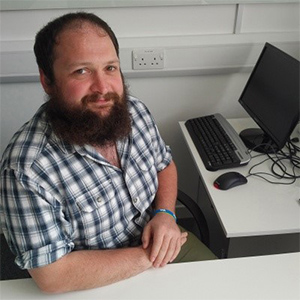
Andrew Abel
Andrew received his PhD from the University of Stirling in Scotland in 2013, after conducting research into the development of signal and image cognitively inspired algorithms for multimodal speech research. Between 2012 and 2016, he was a researcher at Stirling, working on MEMS microphone signal processing, and latterly, audiovisual hearing aid technology. He was previously a lecturer at Xi'an Jiaotong Liverpool University in China, and at Strathclyde, he is a Chancellors Fellow, with his research focused on multimodal speech and communication. This covers lip reading, speech learning, multimodal verbal and non-verbal communication features, and how we can use these features with machine learning to develop explainable approaches to AI.

Michael Cashmore
Michael’s research centres on using AI Planning for the control of Autonomous Systems that act robustly and safely in dynamic and uncertain environments. He has experience building architectures for deliberative control of robot systems, and in modelling mixed discrete-continuous problems with non-linear dynamics with constraint programming techniques. His current interests lie in building autonomous systems that can act within a team of mixed AI agents and humans, communicating and reacting to teammates, and collaborating towards a shared goal.
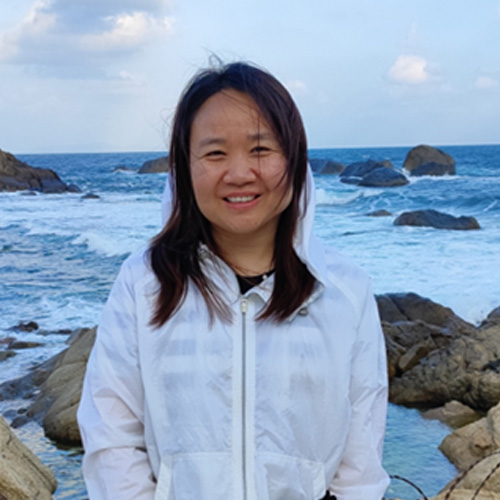
Dr Yingying Zhao
Yingying's research generally involves Human-Computer Interaction (HCI), Ubiquitous Computing (Ubicomp), machine learning and deep learning applications. Her work focuses on designing interactive intelligence technologies to enhance user experience in HCI scenarios by exploring critical aspects of user engagement, such as attention, emotion, intention, cognition and behaviour. She strives to understand users’ psychological and cognitive traits and leverage these insights to develop front-end services that enrich user interactions and push artificial intelligence's (AI) boundaries. One of her current projects, Context-Intention Interactive Computing, integrates large language models, eye-tracking technology, human intention analysis, and interactive design methodologies. Through interdisciplinary collaboration, this work seeks to understand users' evolving intention states and how these intentions interact with context, improving user performance and contributing to AI-driven solutions for education and well-being.
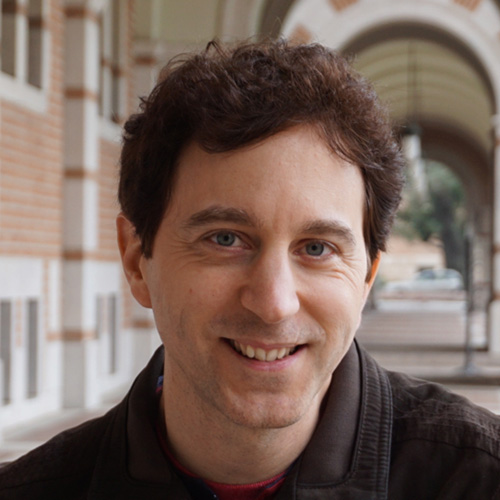
Dr Didier Devaurs
Didier is a lecturer in Biomolecular AI with a diverse background in computer science, mathematics, biology, and chemistry. Before starting his PhD in artificial intelligence, he worked as a mathematics teacher in secondary education, a research engineer in industry, and a teaching/research assistant in academia. His past scientific research mainly involved computationally modelling, simulating and analysing complex physical systems in robotics and biology. He now pursues interdisciplinary research in biomedical computing and structural bioinformatics. For example, one of his ongoing projects involves using machine learning techniques to explore the mutational space of proteins and predict the effects of genetic mutations in people.